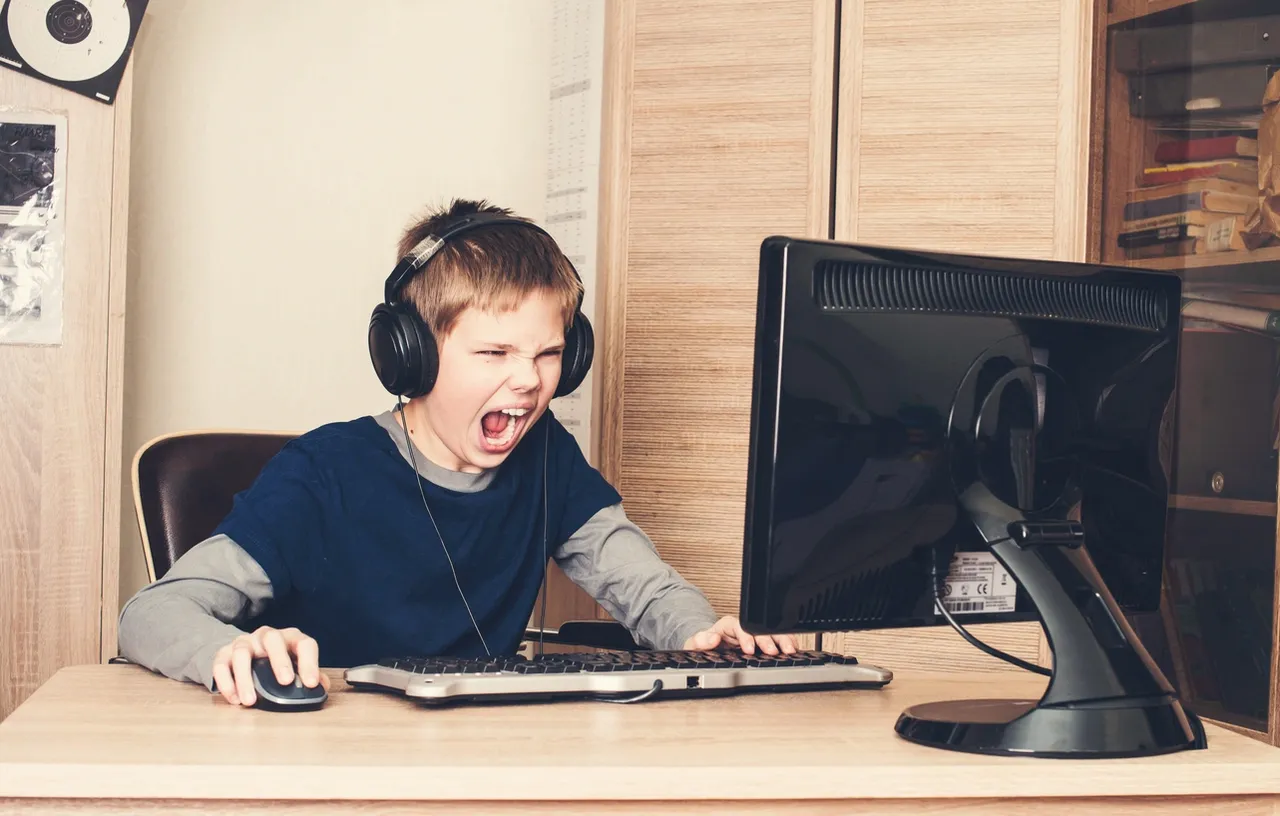Need to know
ADHD medication rebound is a sudden spike of intense ADHD symptoms that can occur as a dose of ADHD medication is wearing off. Your child might be a bit more impulsive, hyperactive, or emotional than usual. Or they might become unusually serious, sad, or withdrawn. These symptoms occur because your child’s brain no longer has the help of medication to keep their brain chemistry balanced. Without the medication, the brain has to work harder to create some of the neurotransmitters that the medication helped to stabilise.
Medication rebound is directly linked to how quickly your child’s body processes the medicine, that is, their metabolism. The rate at which the medication wears off is different for every child. A long-acting (“all day”) stimulant medicine may work for 10 hours for one kid, but that same medication may last only for six in another.
Medication rebound is not the same as a side effect. Side effects are negative reactions to the medication itself. A headache, stomach ache, or loss of appetite can all be side effects of ADHD medications, and in most cases, these become less of an issue over the course of the first weeks of medication.
Why is it important
ADHD medication rebound could be a sign that the dose your child is taking is too high, and might need to be adjusted. It could also be an indication that this particular medication doesn’t work well for your child, and your paediatrician might want to try a different medication or a different formula.
To help your paediatrician understand the problem, it’s important to record symptoms and observe patterns in your child’s behaviour throughout the day. Your notes will help the doctor determine the best solution for adjusting the medication to prevent intense rebound episodes.
Tips and strategies
Avoid vitamin C too close to medication
Do not give your child drinks, food or vitamins containing ascorbic acid or vitamin C an hour before or after they take their ADHD medication. Stimulant medications are strongly alkaline and cannot be absorbed into the bloodstream if these organic acids are also present.
Have a high-protein snack ready
The last thing you want is for your child to be “hangry” when they get home from school. Create fuel for the production of serotonin in your child’s brain by giving your child snacks high in protein and carbohydrates: pineapple muffins, pretzel sticks with peanut butter and a glass of milk, or corn on the cob are all good options.
Start a dance-off
Short circuit an impending rebound by engaging in high-energy exercise, such as a dance-off, to help boost dopamine levels naturally. Cue up your favourite playlist and have fun!
Adapt homework time
If possible, encourage your child to tackle their homework before the positive effects of their medication start to wear off. You can always split homework sessions in two so your child completes half in the afternoon and the remainder the next morning.
Reduce expectations
You have probably figured out that your child becomes super emotional at a particular time of the day. Help them through this period by reducing your expectations and delaying chores or other activities that can make them feel worse.
References
- ADHD medication rebound
- ADHD Medication Rebound: What to Do When a Prescription Wears Off
- How to Manage ADHD Medication Rebound
- Side Effects of ADHD Medication | Child Mind Institute
- ADHD Medication Q&A: Side Effects, Dosages, Precautions & More
- Psychopharmacology of ADHD in pediatrics: current advances and issues – PMC
- Stimulant Rebound How Common Is It and What Does It Mean?


